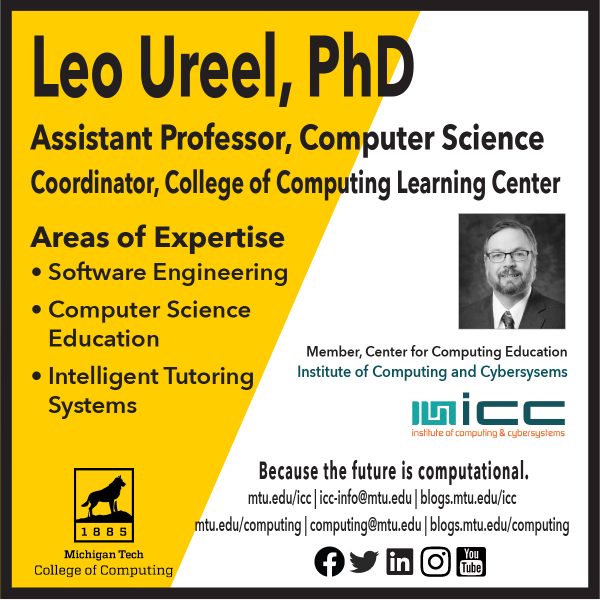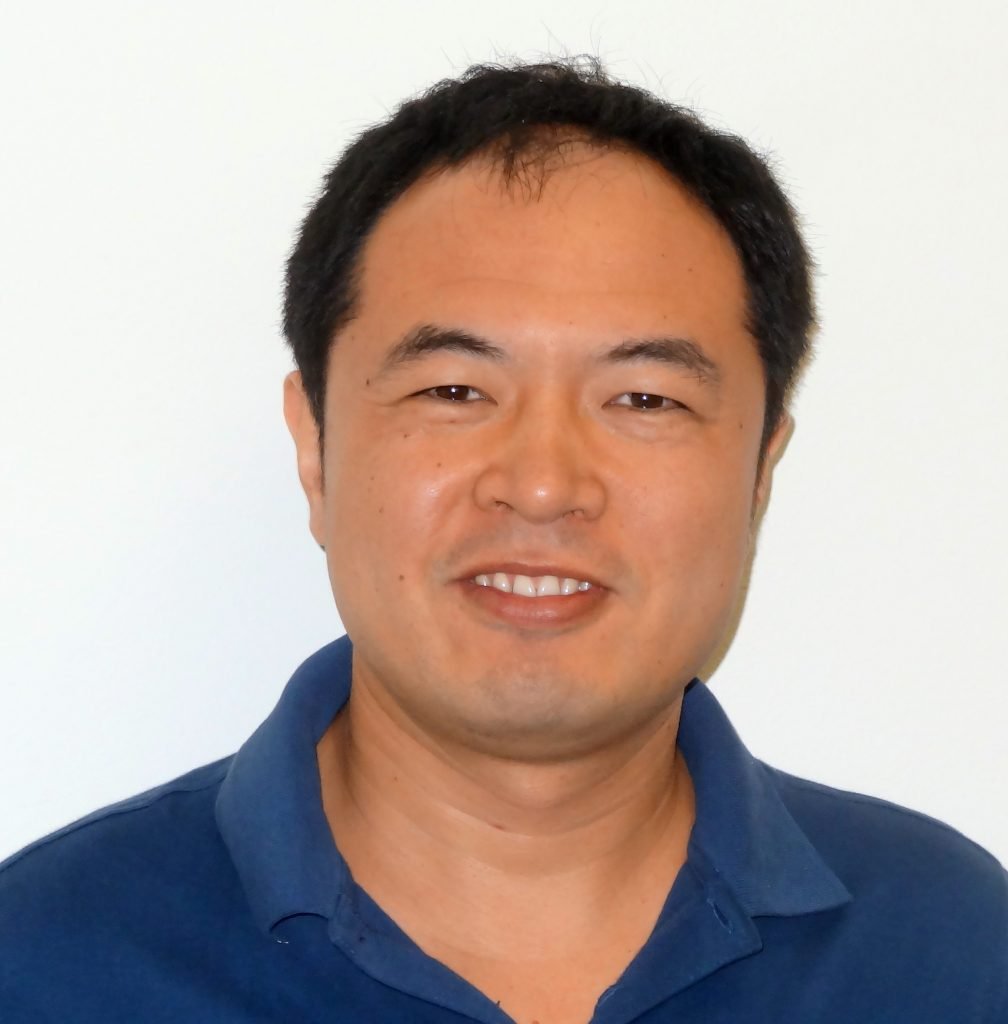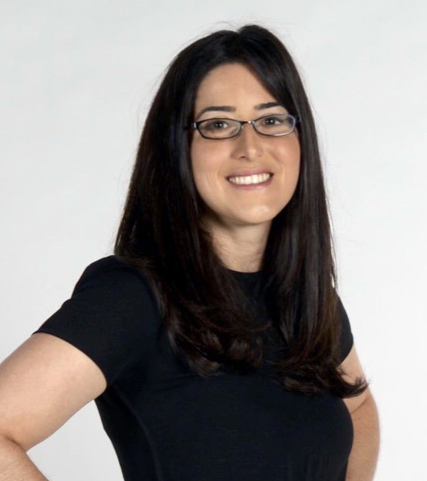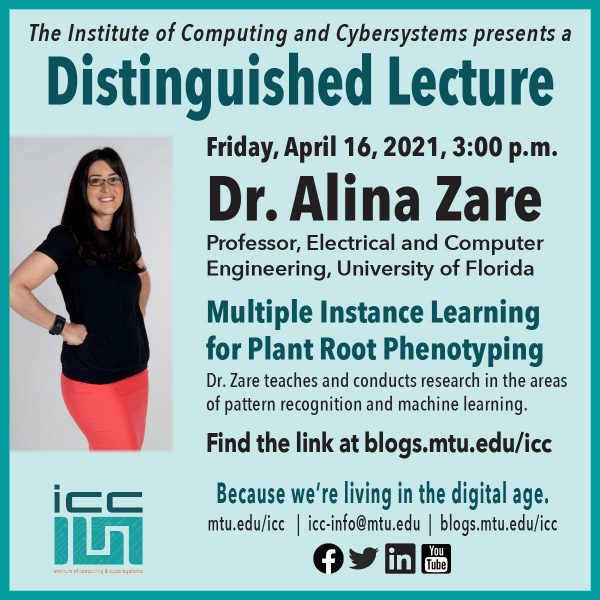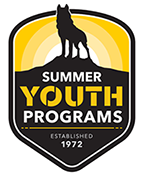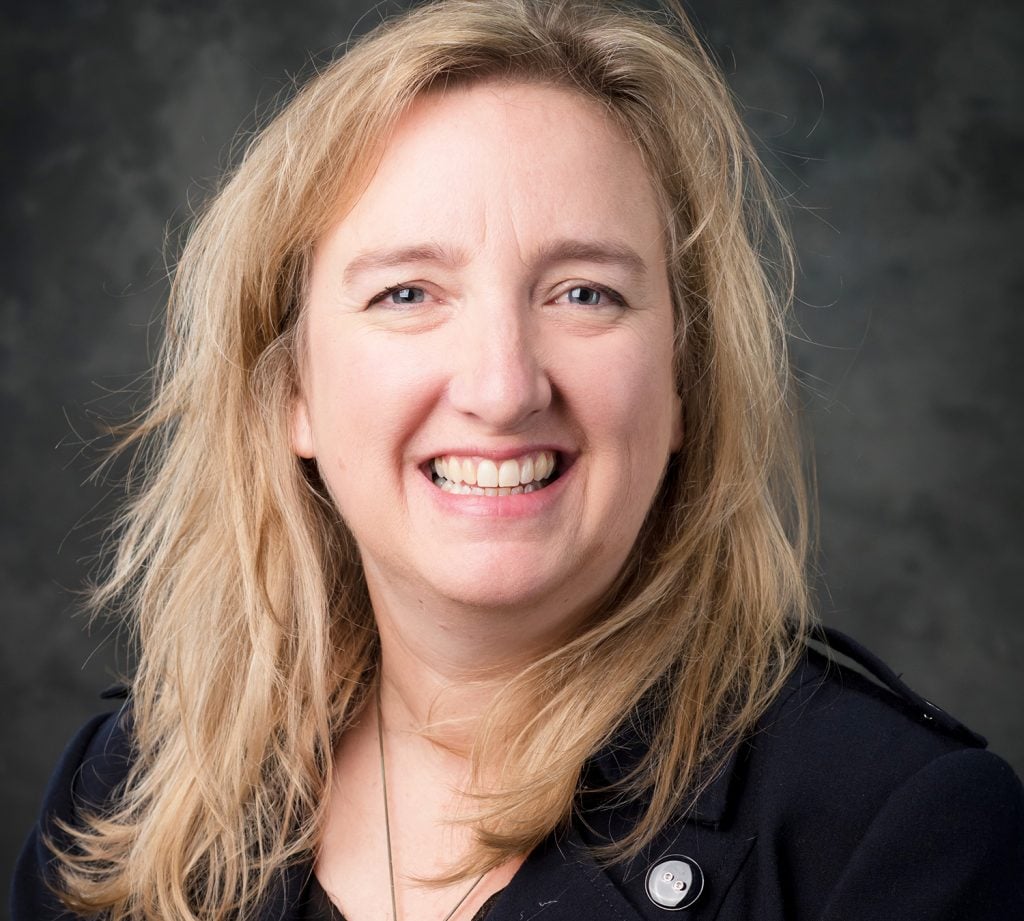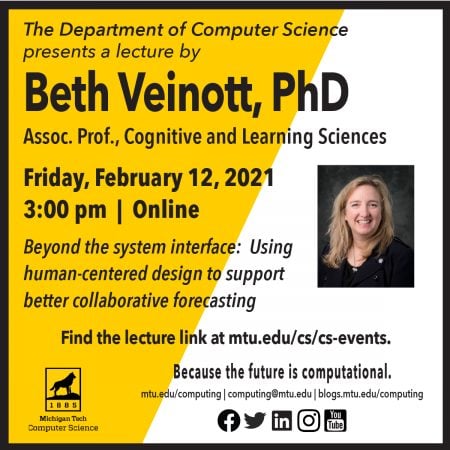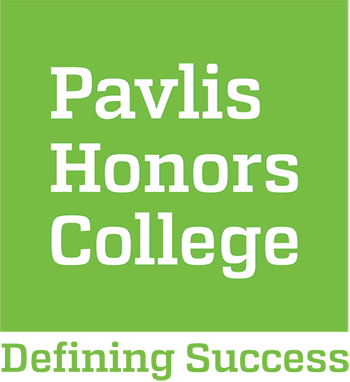by Mechanical Engineering – Engineering Mechanics
The next virtual Graduate Seminar Speaker will be held at 4 p.m. tomorrow (Feb. 25) via Zoom.
Lan (Emily) Zhang (ECE) will present “Augmenting Radio Environments for better Wireless Ecosystems.”
Zhang is a member of the Institute of Computing and Cybersystems’s (ICC) Center for Cyber-Physical Systems.

